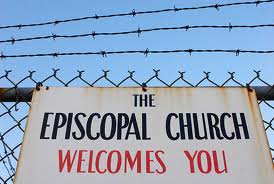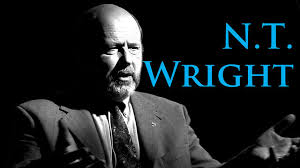
I spent a few posts this week (Questioning the Church, Extreme Church Makeover, What if You Were God?) talking about how you and your church and figure out what God wants you to do in your community with your time, energy, and money.
Part of this process involves imagining different ways of being church, different ways of loving others, and different ways of serving our neighbors.
Some people calling this “casting vision” but in my opinion, the word “vision” is one of those overused churchy buzzwords which makes most people gag. So following the ideas presented in books by Walter Brueggemann and Greg Boyd, I invite you to imagine what the church can be and do.
Imagine new ways of being the church, living within the Kingdom of God, loving others, serving the needy, and revealing Jesus Christ to others.
Here are some great “What if” questions to move you in the right direction: (Note: So I don’t pull a Driscoll… These 18 questions for re-imagining the church originally came from a post by Kevin Bussey in 2008, but I can no longer find that post.)
What would happen if…
- Followers of Jesus concentrated on sharing their faith with a lost and dying world?
- Followers of Jesus prayed for the church across the street?
- Churches didn’t see other churches as competition but as allies?
- Churches rejoiced when another church is thriving?
- We realized our view might be wrong?
- Their church is just as important to God as yours?
- We recognized God likes variety?
- Followers of Jesus didn’t shoot their wounded?
- We acted like Grace really is amazing?
- We give Grace beyond the point of conversion?
- We realized God likes worship–no matter what the style is?
- Churches in a community partnered with each other to reach the lost and hurting people that God has given to them?
- Churches didn’t criticize other churches?
- Followers of Jesus didn’t nit-pick other believers, churches or ministries?
- Followers of Jesus became part of the solution rather than being the problem?
- We really prayed…?
- Followers of Jesus could put aside differences in order to minister to a dying world?
- Followers of Jesus really became one?
Do you have any questions to add to this list? Include them in the comments below? How do you and your church seek to find new ways to share the love of Jesus with others?




 What non-negotiables would you require? What would be the best way for God to expand His rule over the earth?
What non-negotiables would you require? What would be the best way for God to expand His rule over the earth?
 How can you tell if your church doesn’t understand it’s mission?
How can you tell if your church doesn’t understand it’s mission?

 These courses are much cheaper than what you will pay at another online Bible College or Seminary ($600-$900 per course), plus you can complete them on your own time and at your own pace.
These courses are much cheaper than what you will pay at another online Bible College or Seminary ($600-$900 per course), plus you can complete them on your own time and at your own pace. I have actually attended four of these online Bible colleges, and have taken classes from them. The others I have heard good things about from friends and family members who have attended them.
I have actually attended four of these online Bible colleges, and have taken classes from them. The others I have heard good things about from friends and family members who have attended them. The great benefit to online Bible College courses is that you can “attend class” when it is convenient for you. Though I was actually living in Dallas when I attended Dallas Theological Seminary, I always took at least one course online each semester. This means less time away from home and I could “sit in class” at 1 or 2 in the morning if necessary.
The great benefit to online Bible College courses is that you can “attend class” when it is convenient for you. Though I was actually living in Dallas when I attended Dallas Theological Seminary, I always took at least one course online each semester. This means less time away from home and I could “sit in class” at 1 or 2 in the morning if necessary.



